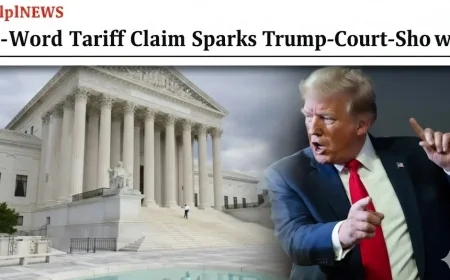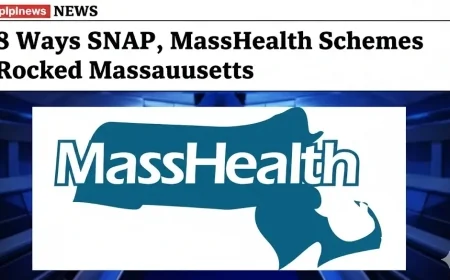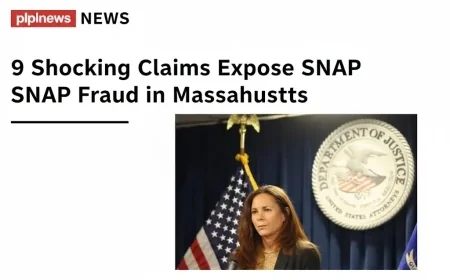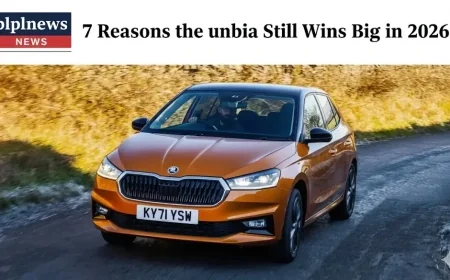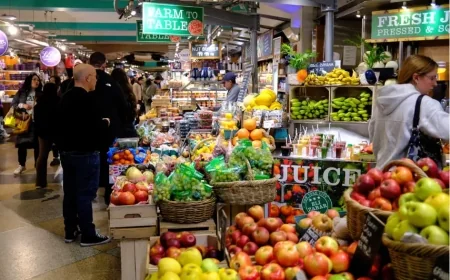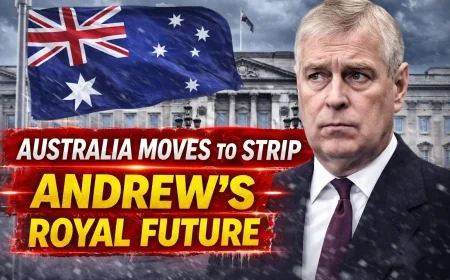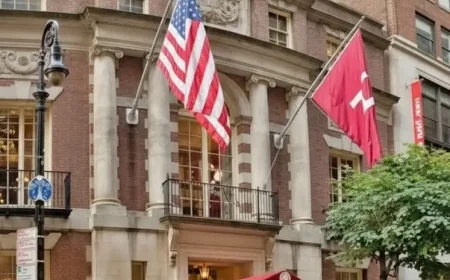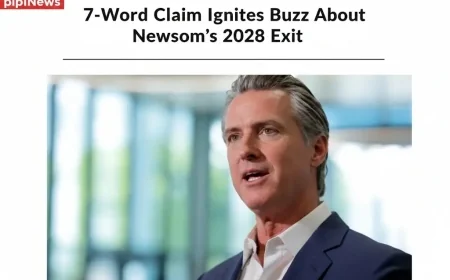This figure was lower than the 0.2% predicted by analysts and is a blow to Chancellor Rachel Reeves – who has repeatedly stated that growth is her top priority – less than two weeks before the budget, in which she is widely expected to raise taxes.
The Office for National Statistics said that car production fell "significantly" in September as a result of the cyberattack on Jaguar Land Rover.
But even after removing this, other sectors of the economy saw weak growth.
Although services – which include things like shops, restaurants, arts and entertainment, and real estate – and construction grew, it was slower than the previous quarter.
Consumer spending growth remains weak, and economists expect this could impact growth for the rest of the year.
The latest GDP figures show a slowdown compared to the 0.3% growth seen between April and June and the 0.7% growth in the first three months of the year.
In September alone, the economy contracted by 0.1% due to the impact of the JLR cyberattack.
The cyberattack began on August 31st and resulted in a five-week production halt at one of Britain's largest carmakers.
The ONS said overall output fell by 2% in September, mainly due to a 28.6% drop in car production following the attack.
Some analysts said the weaker-than-expected growth figures have increased the likelihood of the Bank of England cutting interest rates next month.
Rob Wood, chief British economist at Pantheon Macroeconomics, said that these figures, combined with weak employment data earlier this week, "almost confirm the likelihood of an interest rate cut in December."
For some businesses, slower growth reflects the negative impact of last year's budget, which included increases in National Insurance contributions for employers, as well as the National Living Wage.
Alan Jones, managing director of pie manufacturer TC Morris in Dudley, West Midlands, said that the running costs of his business, which employs around 50 people, have increased by £200,000 this year.
He said, "I think people are willing to pay for a pork pie. So we've managed to pass on some of the increase, but we've had to absorb a lot."
Mr. Jones said he expected "some relief" from the upcoming budget, such as reductions in taxes and energy costs, as well as increased "support for investment opportunities" in the form of government-backed grants.
Responding to the ONS figures, Reeves said the UK economy was the fastest growing in the G7 in the first half of the year, but added that "more work remains to be done to build an economy that works for working people."
He said, "In my Budget later this month, I will make the right decisions to build a strong economy that will help us reduce waiting lists, cut the national debt, and reduce the cost of living."
Shadow Chancellor Mel Stride said the Prime Minister and Chancellor are "in office, but not in power" and claimed Sir Keir Starmer has "taken responsibility for the budget away from the Chancellor."
Liz McKeown, ONS Director of Economic Statistics, said: "Car production fell particularly significantly in September, reflecting the impact of a cyber incident, as well as a decline in the often volatile pharmaceutical industry.
"Services were the main contributors to growth in the latest quarter, with commercial rental and leasing, live events, and retail performing well, somewhat offset by declines in research and development and hair and beauty salons."
Ruth Gregory, Deputy Chief British Economist at Capital Economics, said that even without the impact on GDP growth from the JLR cyberattack, the economy is "struggling to regain proper momentum."
"Tax increases in the upcoming budget are likely to reduce GDP by around 0.2% in 2026, so there is no reason to believe GDP growth will accelerate much from here," she said.
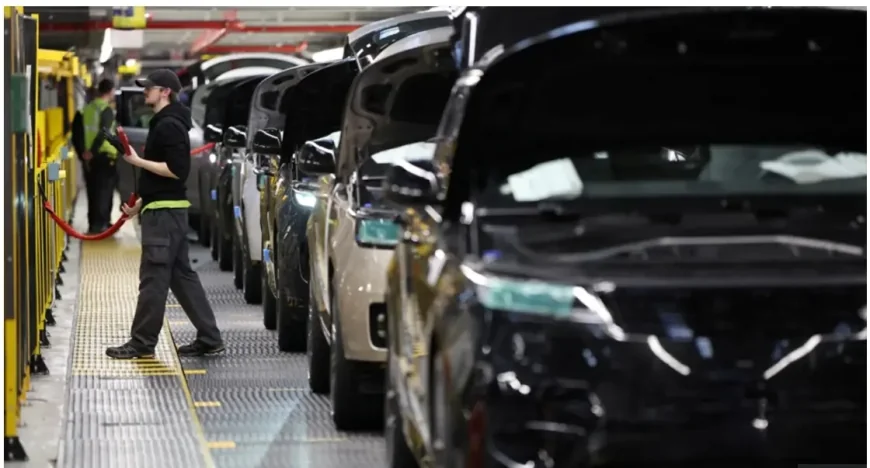
 Like
0
Like
0
 Dislike
0
Dislike
0
 Love
0
Love
0
 Funny
0
Funny
0
 Angry
0
Angry
0
 Sad
0
Sad
0
 Wow
0
Wow
0


